With far-right headed for power in France, minorities fear rise in racism, xenophobia
By Ivan Kesic
The potential victory of far-right forces in the French election has heightened fears among minorities that racism and xenophobia in French society will worsen significantly.
On Sunday, France held the first round of snap parliamentary elections in which the far-right alliance emerged as the winner, while the centrist coalition led by President Emmanuel Macron faltered.
According to official results released by the French interior ministry, Marine Le Pen's National Rally (RN) party and its allies garnered about 33 percent of the vote, almost double their share from the last election.
The left-wing New Popular Front (NFP) coalition came in second with about 28 percent of the votes, while Macron's centrist Ensemble alliance managed around 20 percent, nearly half their previous total.
Voter turnout was the highest in recent decades, significantly surpassing the participation rate in the parliamentary elections two years ago when less than half of the eligible voters cast their ballots.
This election followed embattled President Macron's call for a snap vote, prompted by a crushing defeat to Marine Le Pen’s RN party in the European Parliament elections on June 9.
In that election, the far-right and centrist coalitions reversed their roles in terms of vote counts compared to the previous European elections, though the margin was narrower than in the recent parliamentary elections.
With the formation of the country's first far-right government since World War II appearing imminent, leaders of the left and centrist parties are scrambling to block Le Pen's RN by negotiating a strategic alliance between traditionally opposed blocs ahead of the July 7 runoff vote.
Rise of far-right threatens minorities in France pic.twitter.com/2T1LvMBWBQ
— Press TV 🔻 (@PressTV) July 4, 2024
French xenophobia goes mainstream
As in many Western European countries in recent years, France has experienced a worrying surge in right-wing populism, inevitably accompanied by anti-immigrant, racist, and Islamophobic attitudes.
Widespread dissatisfaction among the French populace with Macron's government and the cost-of-living crisis drew voters to Le Pen's promises of radical change.
However, this enthusiasm is not shared by vulnerable French minorities, including Muslims.
The RN party, its members, and leader Marine Le Pen, along with the party’s former leader Jean-Marie Le Pen, have been at the forefront of inciting hatred against the country’s Muslim minority.
The party's founder, Marine's father Jean-Marie, known for his hate speech convictions, infamously called for a ban on immigration to France and the construction of mosques.
Marine, who has tried to soften the party's radical image, has nonetheless sparked scandals by calling for a complete ban on the Islamic headscarf and comparing Muslim prayer outside mosques to the Nazi occupation of World War II.
Jordan Bardella, her protégé who could become France’s next prime minister, has also provoked Islamophobic incidents, insulted Muslim mayors, and called the Hijab a "tool of discrimination."
Many French Muslims have publicly expressed fear that the situation is deteriorating, given the already prevalent Islamophobic and racist climate in the country.
Under Macron’s government, controversial bills such as the Abaya ban, the so-called separatism law, and recent immigration measures have deeply affected Muslims and people of foreign origin.
Macron's a mess: Far right leads France parl. election in blow to presidenthttps://t.co/vOBUVLniJg
— Press TV 🔻 (@PressTV) July 1, 2024
Rise of racism in French society
The dire state of racism in French society is confirmed by the results of an annual survey conducted by CNCDH, the country's human rights commission, published at the end of June.
The report shows that anti-Muslim acts increased by 29 percent and other types of racist acts by 21 percent, while 43 percent of French residents surveyed attributed insecurity primarily to immigration.
A majority of respondents, 51 percent, stated they no longer feel at home in France, up from 43 percent in 2022, which the report authors link to a rejection of immigration.
In February last year, a report on racism in France by the Representative Council of France's Black Associations (CRAN) revealed that 91 percent of respondents in mainland France said they had been victims of racial discrimination "often" or "occasionally," and 85 percent admitted to being discriminated against because of their skin color.
Anti-Islamic political rhetoric and xenophobic public sentiment have led to frequent incidents and multiple deaths, including the infamous case from Paris in 2013 when a veiled pregnant Muslim woman was beaten, causing her to lose her unborn child.
France to deploy 30,000 police officers amid fears of post-election violencehttps://t.co/3cVAMAcZ9P
— Press TV 🔻 (@PressTV) July 4, 2024
Anniversary of the racist police killing of Nahel
Three days before the parliamentary elections, a commemorative walk was held for Nahel Merzouk, a French teenager of North African origin who was brutally killed by the police last year.
Several hundred family members, friends, and supporters gathered in the Parisian suburb of Nanterre, led by Nahel's mother Mounia, who gave an emotional speech, often breaking into tears.
She asked politicians to stay away from the march to avoid tensions and a repeat of the mass protests by French youth last year, which were suppressed by police violence and threats from the Minister of Foreign Affairs to punish the parents of the teenagers.
The march ended at the spot where Nahel was gunned down by police officers without provocation. Many in the crowd sobbed as a cleric offered a prayer for the slain young man.
The French police claimed that officers shot the teenager because their lives were in danger as he tried to run them over; however, a video recorded by a passerby proved these claims false, showing he was deliberately murdered.
The 17-year-old rugby enthusiast, raised by his single mother, had no criminal record and was studying at a college in Suresnes while working as a takeaway delivery driver.
The office of the UN Commissioner for Human Rights stated the shooting was "a moment for the country to seriously address the deep issue of racism and racial discrimination in law enforcement."
10 killed in bus crash in western Iran
5 Israeli forces killed as Palestinian fighters face up to regime’s war machine
VIDEO | An insider's view of the country: Persian Tahini, Royan in Mazandaran
VIDEO | Israeli settler killed during strike against Tel Aviv; fresh aggression targets Yemen’s capital
VIDEO | Yemen’s missile strikes on Tel Aviv
Iran to open 6 GW of new power capacity by next summer
VIDEO | South Korean rallies set the stage for battle over Yoon's impeachment
Hamas, other Palestinian groups say Gaza ceasefire deal ‘closer than ever’


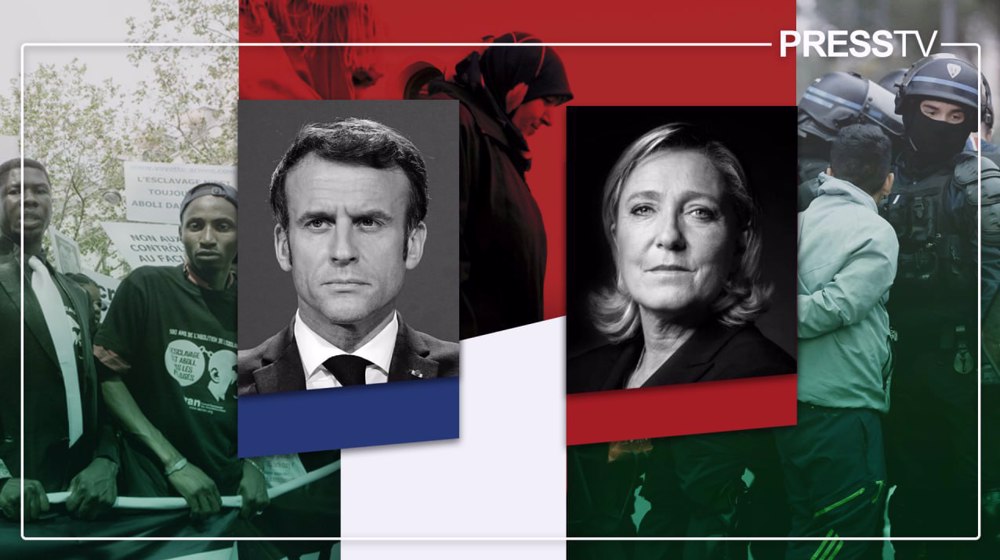


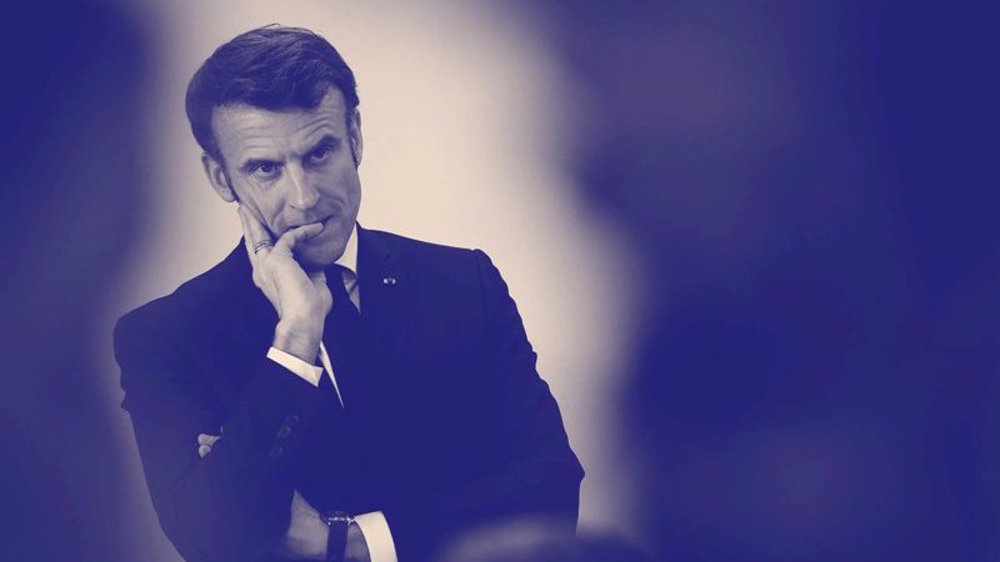



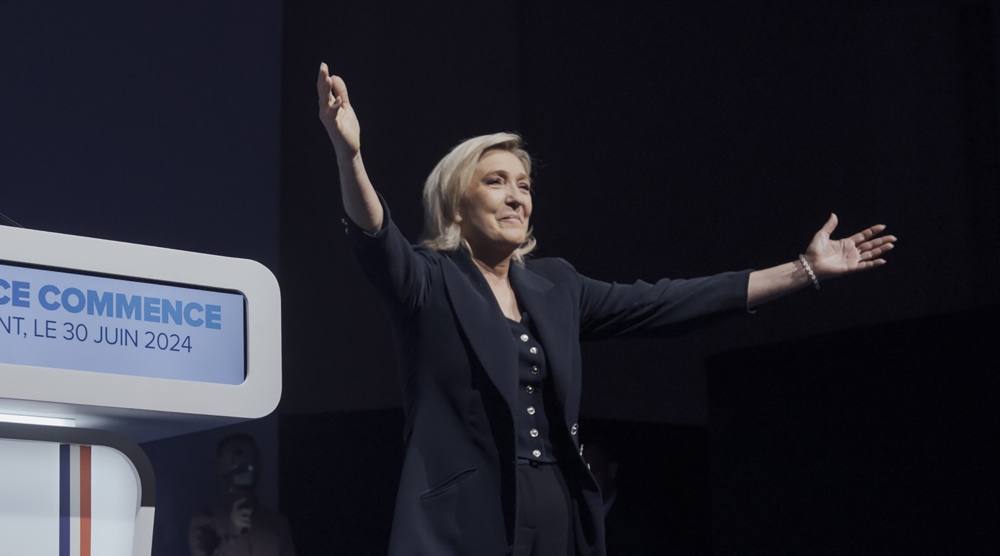
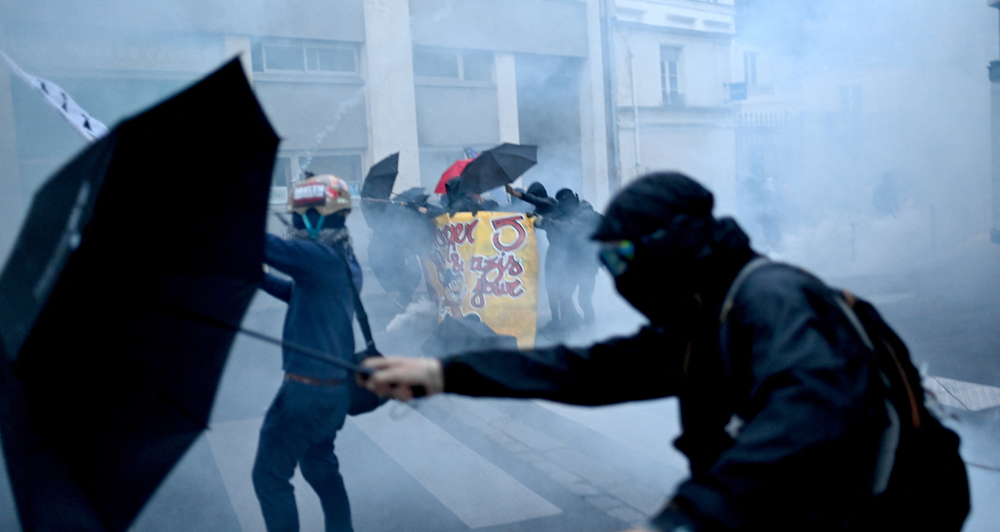
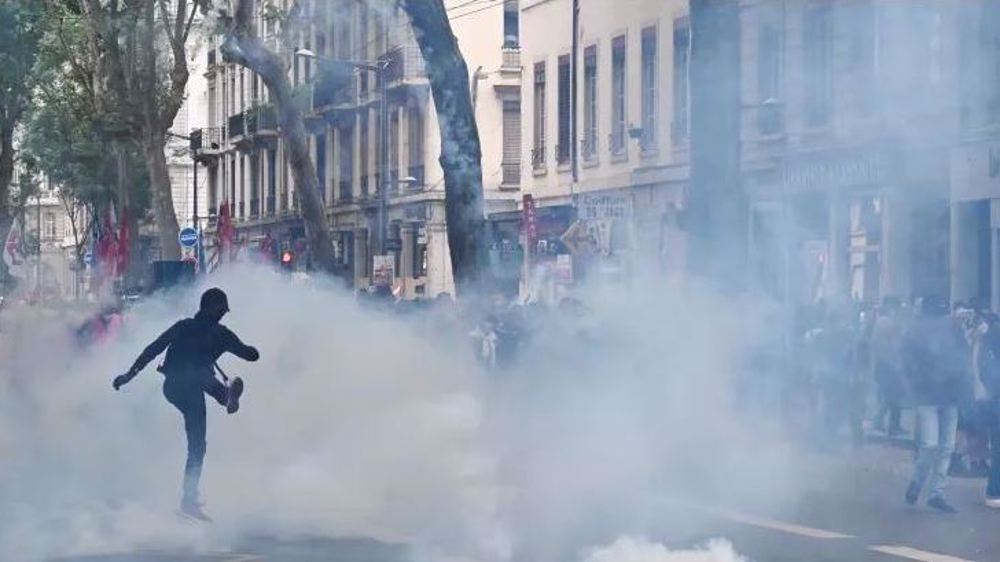
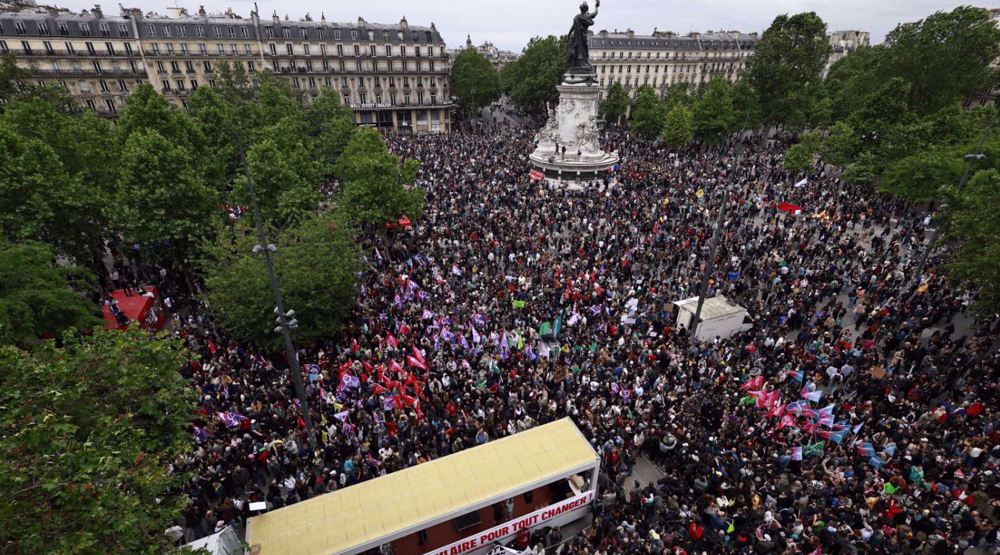
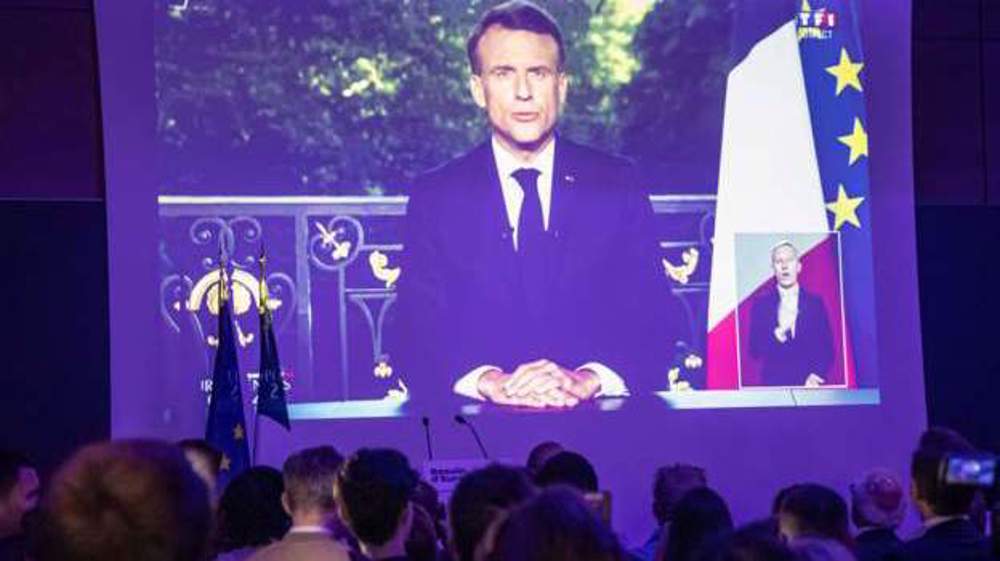

 This makes it easy to access the Press TV website
This makes it easy to access the Press TV website